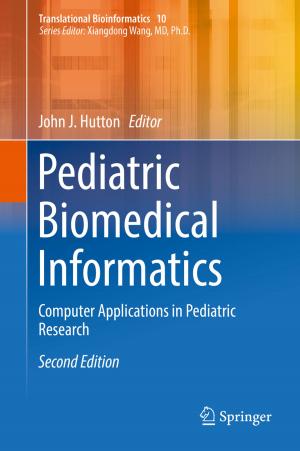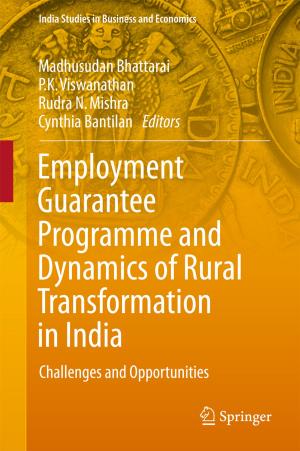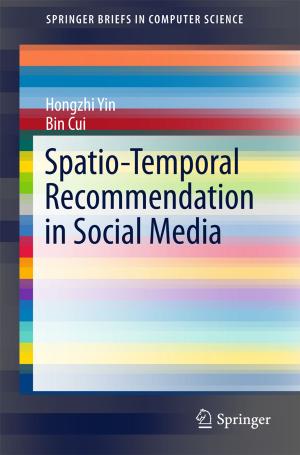Mineral Containing Proteins
Roles in Nutrition
Nonfiction, Science & Nature, Science, Biological Sciences, Biochemistry, Technology, Food Industry & Science| Author: | ISBN: | 9789811035968 | |
| Publisher: | Springer Singapore | Publication: | March 3, 2017 |
| Imprint: | Springer | Language: | English |
| Author: | |
| ISBN: | 9789811035968 |
| Publisher: | Springer Singapore |
| Publication: | March 3, 2017 |
| Imprint: | Springer |
| Language: | English |
This book describes the structure, function and nutritional values of iron-, zinc-, selenium- and calcium-containing proteins, exploring key mineral-containing proteins like phytoferritin and lactoferrin, as well as a host of zinc- and selenium-containing proteins. Due to their role in numerous metabolic processes, minerals such as calcium, iron, zinc and selenium are vital, and have to be obtained from a balanced diet because they cannot be synthesized. The structure and function of mineral-containing proteins influences the absorption of these essential minerals. As such, the study of these proteins is crucial for the assessment and maintenance of a balanced diet and for the development of effective mineral supplements. The book’s closing chapters focus on issues arising from current food processing techniques and in the development of mineral supplements. The book offers a valuable guide for researchers and students in the fields of food chemistry and nutrition.
This book describes the structure, function and nutritional values of iron-, zinc-, selenium- and calcium-containing proteins, exploring key mineral-containing proteins like phytoferritin and lactoferrin, as well as a host of zinc- and selenium-containing proteins. Due to their role in numerous metabolic processes, minerals such as calcium, iron, zinc and selenium are vital, and have to be obtained from a balanced diet because they cannot be synthesized. The structure and function of mineral-containing proteins influences the absorption of these essential minerals. As such, the study of these proteins is crucial for the assessment and maintenance of a balanced diet and for the development of effective mineral supplements. The book’s closing chapters focus on issues arising from current food processing techniques and in the development of mineral supplements. The book offers a valuable guide for researchers and students in the fields of food chemistry and nutrition.















